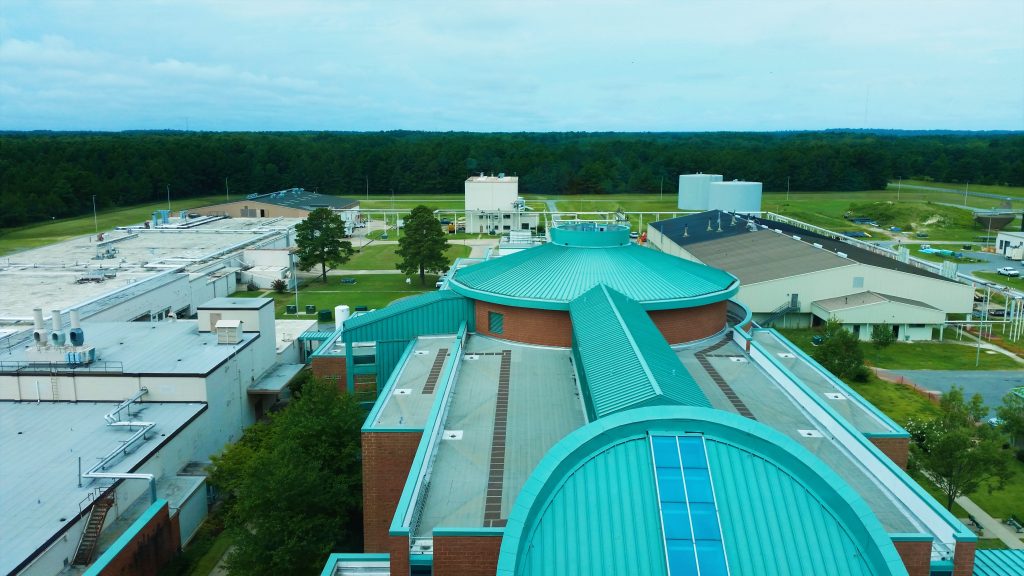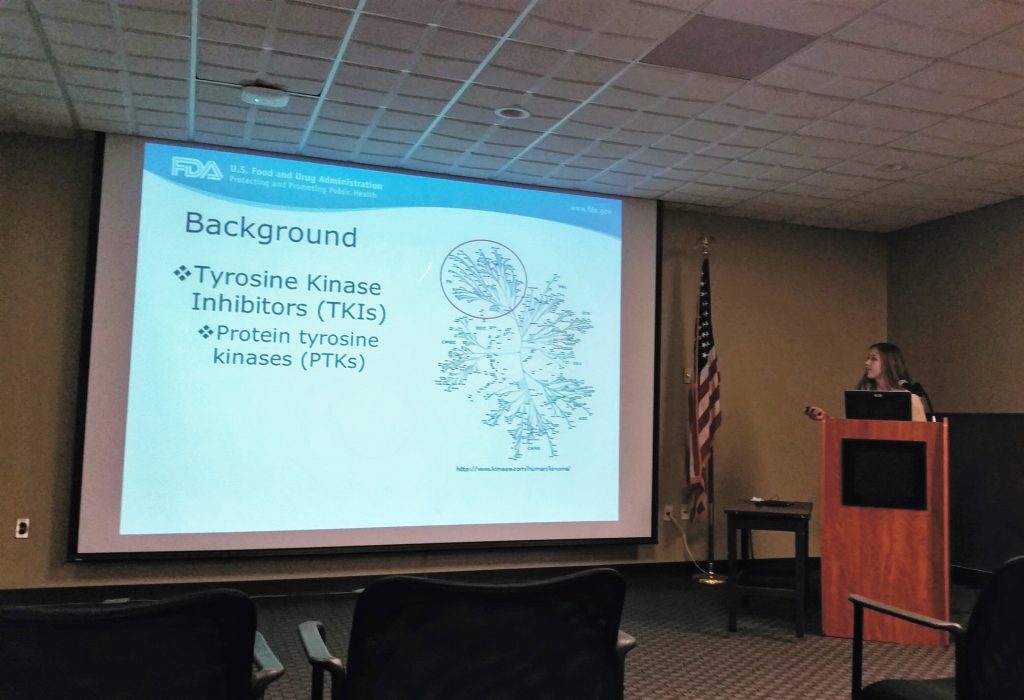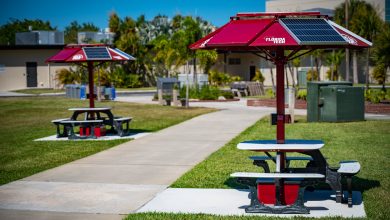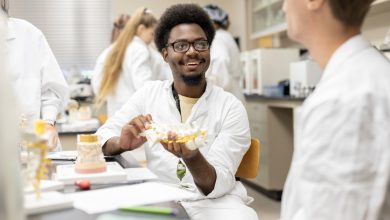A Summer of Research
The thing they don’t tell you: about a summer internship.
This summer I was lucky enough to have been offered a position as a summer research student with the U.S. Food and Drug Administration (FDA). I spent 10 weeks in Arkansas working at the National Center for Toxicological Research, a.k.a. NCTR.

NCTR is the only purely research branch of the FDA and is further broken up into 6 divisions: Biochemical Toxicology, Bioinformatics and Biostatistics, Genetic and Molecular Toxicology, Microbiology, Neurotoxicology, and Systems Biology. I was placed into the Systems Biology branch and more specifically, in personalized medicine.
Over the 10 weeks I worked on a bioinformatics based project looking for biomarkers to detect toxicities caused by a group of cancer drugs called tyrosine kinase inhibitors (TKIs). Basically, I was looking for ways to tell in advance if a person was going to have toxic side effects after taking these TKIs. TKIs are a type of targeted cancer therapeutic meaning that they target a specific molecule. TKIs, as their name implies, target tyrosine kinases which are types of enzymes that are responsible for many cell functions. Other cancer therapies, like traditional chemotherapy, are non-specific and attack the whole body. This is why the development of these targeted therapies are becoming more prevalent.

Unfortunately, many cancer drugs both targeted and non-specific, have many toxic side effects. For example, damage to major organs like the liver and the heart could be caused by taking certain drugs over a long period of time. My goal this summer was to look at these drugs and their reported toxicities, and correlate them with normal gene expression to see if an up-regulation or down-regulation of a gene caused by the drug could tell us that the drug would cause a certain toxicity.
What was interesting about the project was that I didn’t do any lab work. It was all on the computer with existing data most people have access to! It is amazing the amount of knowledge we are still able to gain from work that is out there. The internet has given science such an advantage since scientists can now share their data and communicate with each other so much easier. Much of the data I used were public databases like NCBI, Drugs@FDA, and more.

Even though 10 weeks is a short amount of time, I was able to identify a few possible genes that could predict toxicity. In the future, more work will be done to test if these genes really could be biomarkers.
I am so thankful for the opportunity this summer and all the new experience I gained. Science never stops advancing, which is one of the main reasons I chose to go into my STEM major.





